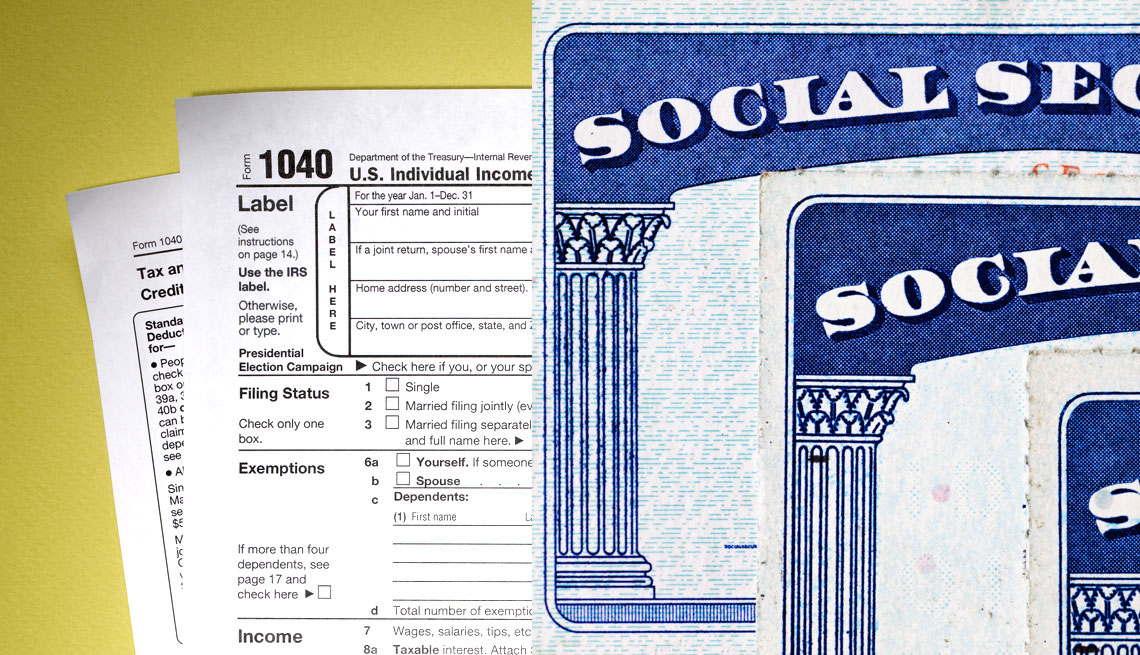
Why Social Security COLAs Can Increase Your Taxes
- Select a language for the TTS:
- UK English Female
- UK English Male
- US English Female
- US English Male
- Australian Female
- Australian Male
- Language selected: (auto detect) - EN
Play all audios:
Getty Images (2) Facebook Twitter LinkedIn
The inflation spike a few years ago had a silver lining for Social Security recipients — the largest cost-of-living adjustments (COLAs) for benefits in more than 40 years.
But come tax time, a growing number of retirees are finding that silver lining has a black cloud: Those bigger benefits push them over the income threshold at which the IRS taxes a portion
of Social Security payments.
In a recent survey of Social Security recipients by the Senior Citizens League, an advocacy group, nearly a quarter of those who had been getting benefits for at least three years said they
paid taxes on those benefits for the first time in 2023.
That likely reflects 2022’s 5.9 percent COLA, then the largest in about 40 years, which increased the average retiree’s Social Security income by about $1,100 for the year. An even bigger
COLA in 2023 — 8.7 percent, boosting the average annual retirement benefit by about $1,750 — meant more older filers saw a tax bite on their benefits.
More people pay each yearWith inflation cooling, COLAs lately have been more modest — 3.2 percent in 2024 and 2.5 percent this year — but the bigger boosts in preceding years cast a bright light on a dynamic that
has been in play for decades.
The federal government began taxing Social Security income in 1984, one of a broad array of changes enacted the year before to shore up the program’s finances. The tax revenue goes into
Social Security’s trust funds, helping to cover future benefit payments.
But while benefits have increased most years with inflation, the income levels at which they become taxable have stayed the same.
“Those cutoff limits for paying taxes are not updated each year when prices increase, as your benefits are,” explains Anqi Chen, associate director of savings and household finance at the
Center for Retirement Research at Boston College. “That puts more people into the category of having to pay taxes on the benefits.”